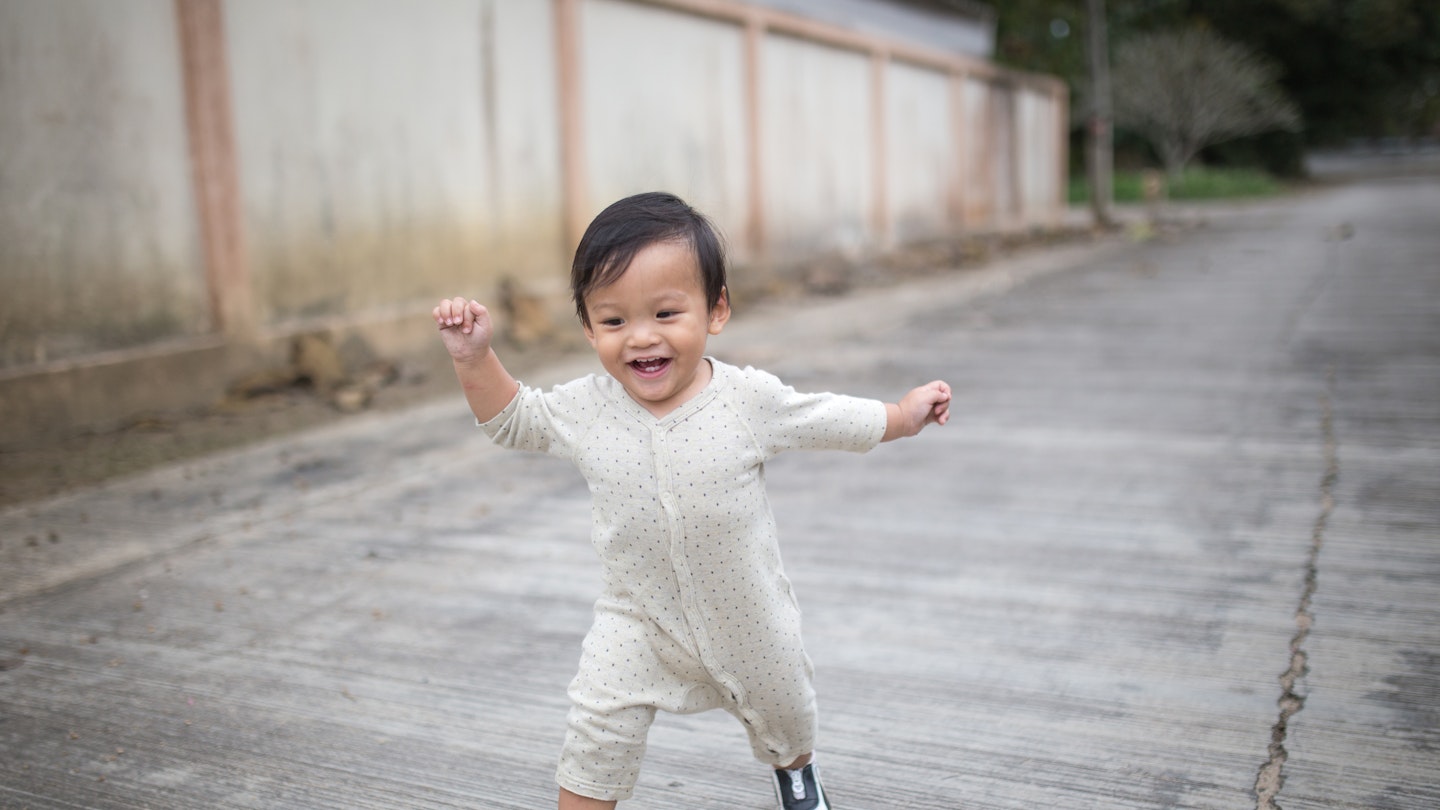Babies and toddlers pick up an average of eight colds a year, but there are simple ways to boost your baby’s immune system and help them fight off illness.
From having a healthy diet, to taking supplements, to keeping your little one wrapped up in a winter coat, there are plenty of things you can do to make sure your baby's and your own health are in tip-top condition!
9 ways to boost your baby's immune system:
Ways to boost immune system
 1 of 9
1 of 91. Take a vitamin supplement
If you’re breastfeeding a baby under three months, your main defence is to carry on. ‘Breastmilk contains all the nutrients and immune-boosting goodness your baby needs,’ says GP Catti Moss. ‘If your baby is older than three months, you could give her a daily multivitamin.’ Try Vitabiotics WellKid Baby Syrup. Or, for over-threes, try Haliborange Kids Omega-3 Syrup With Vitamins A, C, D & E.
Once your baby is weaned, you can boost her vitamins through food. ‘Zinc is known to strengthen your immune system, so it can resist infections like colds,’ says nutritionist Amanda Ursell. Find it in red meat, oily fish and wholegrain cereals. ‘And studies show that, while vitamin C won’t prevent a cold, it will reduce its severity and length.’ Fill up on berries, citrus fruits, dark green vegetables and brightly coloured peppers.
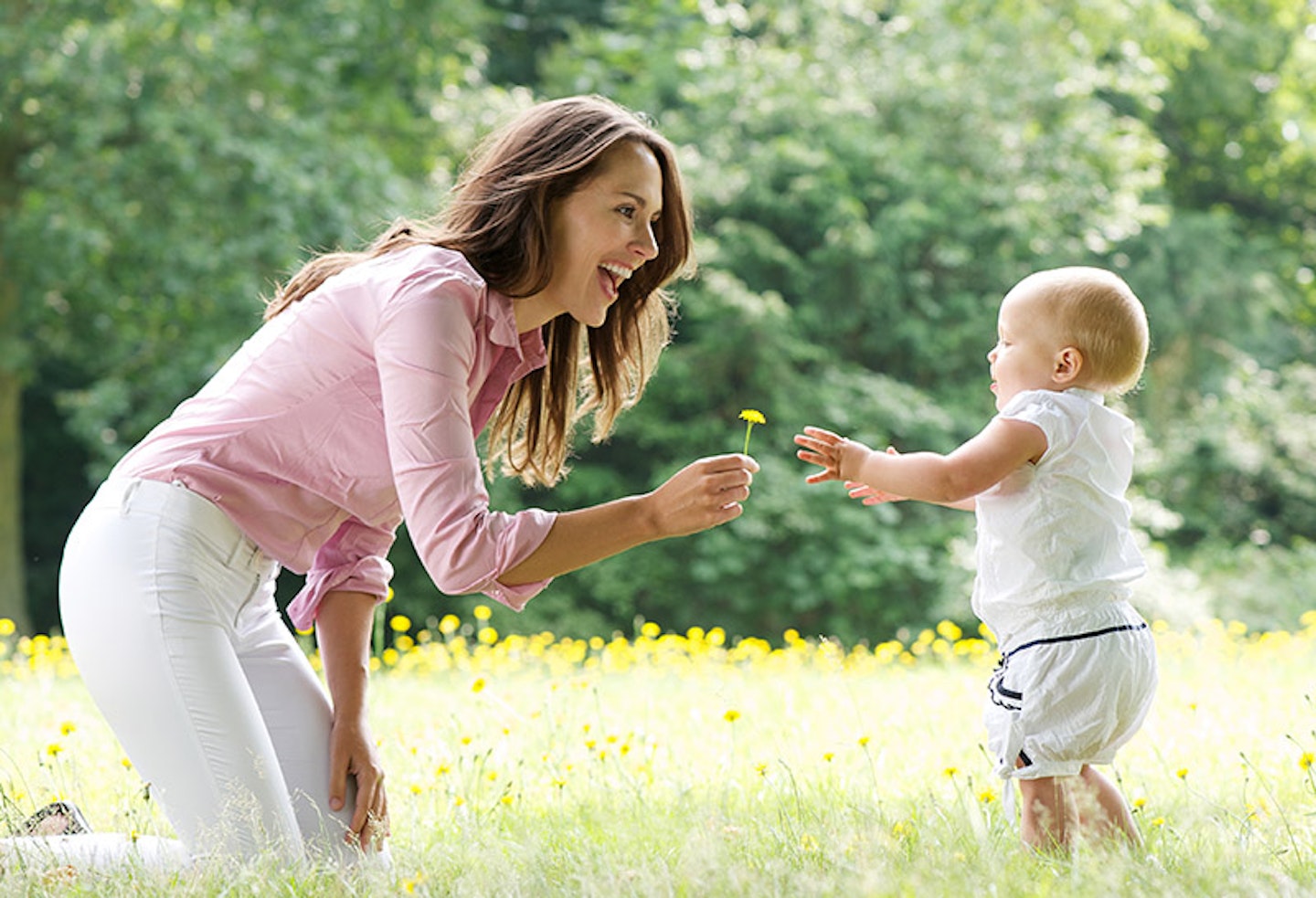 2 of 9
2 of 92. Make sure you get plenty of fresh air and sunshine
It’s important your baby gets plenty of fresh air, even when you don’t feel like going out. ‘Vitamin D is a crucial bone-building, immune-boosting vitamin, which comes mainly from exposure to the sun,’ says Amanda. ‘Even in winter, your child gets a little bit of sun whenever they step outside in daylight – 20 minutes is enough. Fresh air also clears out her lungs, and going outside usually leads to some exercise, which will boost everyone’s mood.’ It also reduces your baby’s exposure to other people’s bugs, so make your way to your nearest park.
That said, no matter how much you get your baby outside, it’s a good idea to get a Vitamin D supplement too. The NHS recommends that all babies and young children aged six months to five years (whatever the time of year) should take a daily supplement containing 7-8.5 micrograms of vitamin D.
Formula-fed babies don’t need vitamin drops until they’re receiving less than 500ml (about a pint) of infant formula a day, as these products are fortified with vitamin D.
 3 of 9
3 of 93. Keep your baby wrapped up warm
Although experts are split on this, there is research that suggests being physically cold makes you more likely to catch a bug, as it lowers your immunity. One study, by the Common Cold Centre in Cardiff, found that volunteers who kept their bare feet in icy water for 20 minutes were more likely to develop a cold in the following week than those who didn’t.
‘Being cold stresses a child’s immune system, making her more susceptible to illness,’ says Angela Chalmers, Boots pharmacist. ‘Layer her up with long-sleeved T-shirts, fleeces, hats and scarves. It’s better to take off layers as needed, rather than putting her in one big coat that can cause her to overheat when she runs around.’ Take off soggy hats and socks as soon as possible, too – they cause body temperature to drop quickly.
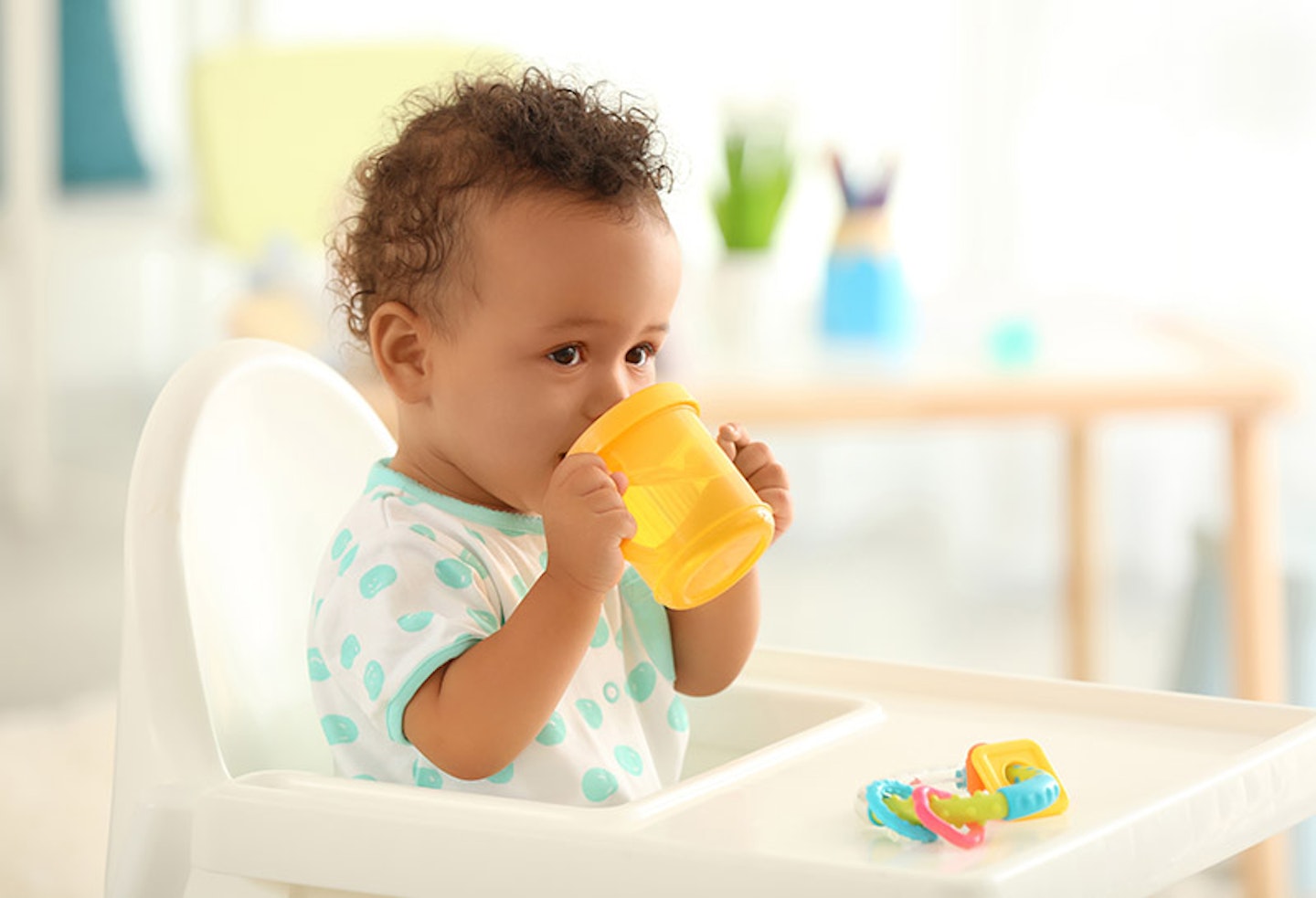 4 of 9
4 of 94. Keep your baby hydrated
Staying hydrated is as important in winter as in summer. ‘Water helps our kidneys to flush out toxins, so it’s vital for fighting illness,’ says Amanda. In addition, when your baby has a cold, her mucus will be drier and thicker. Drinking plenty of water will help to flush it, along with any other infections, from the body. ‘If your toddler is poorly and drinking less than usual, water down her favourite juice as an incentive to drink,’ says Catti.
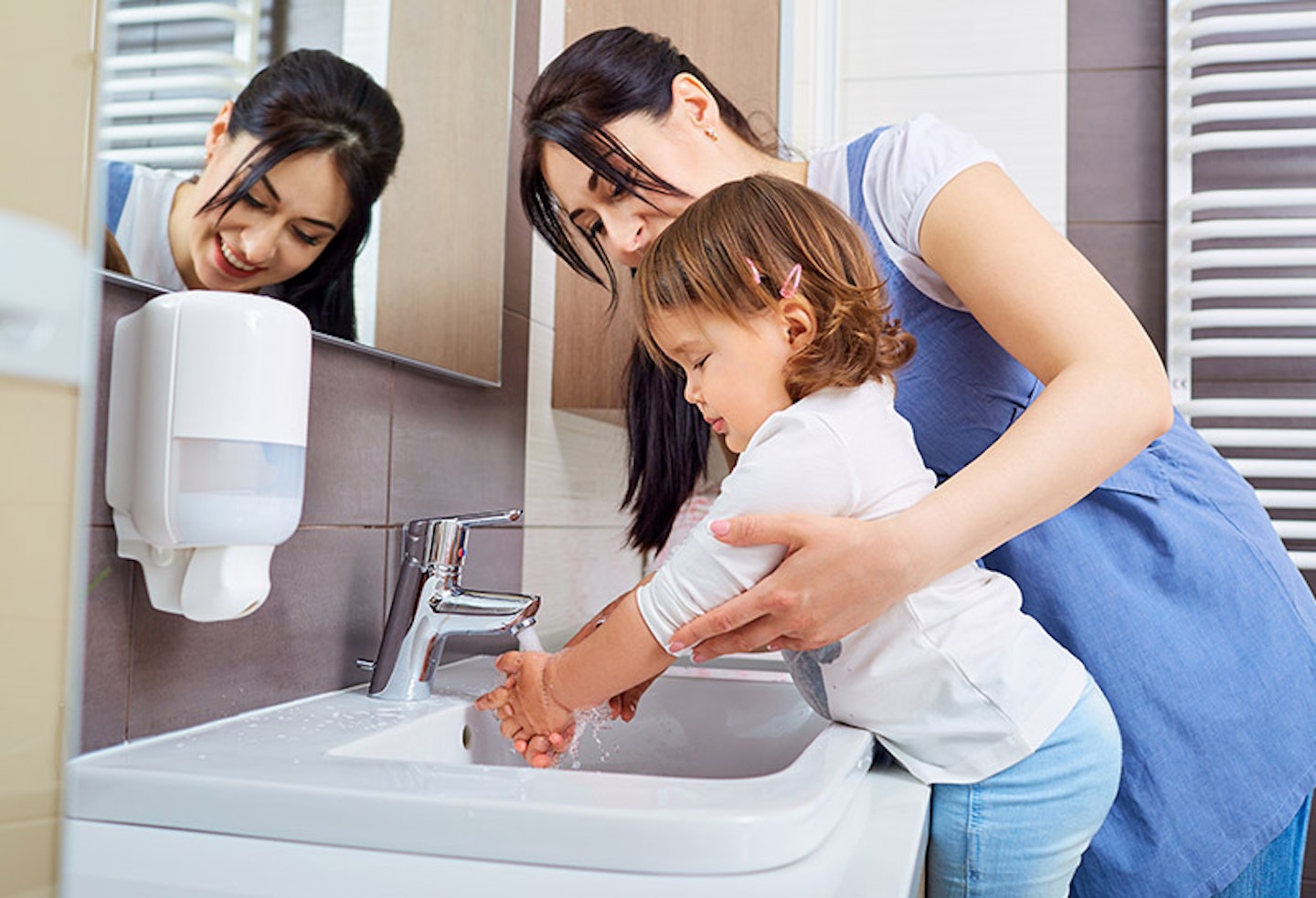 5 of 9
5 of 95. Make hand washing key
You’ve been at playgroup with your crawling baby and not only has she come back filthy, but she’s been mingling with the snottiest kids in town. ‘Nothing reduces your baby’s odds of getting ill as much as hand washing, especially once she’s mobile and picking up more germs,’ says Angela.
Hand gels are great if you’re out, but bear in mind, they don’t usually beat the norovirus, which causes vomiting. ‘Good old-fashioned warm water with soap kills nearly all bugs, including this one,’ says Catti. With younger babies, wipe their hands after you’ve changed them, and keep toys clean. Until your tot is mobile, she’s more likely to catch germs from shared toys than from physical contact with other children.
 6 of 9
6 of 96. Ensure your baby has a proper bedtime routine
As well as making children cranky, lack of sleep leaves them more prone to infection. If you haven’t done so already, establish a bed and naptime routine. A recent study at University College London found children who had regular bedtimes slept more soundly. Fresh air also helps them slumber – research at Liverpool John Moores University found that being outside in the late afternoon helped babies and children rest better at night, because it sets their circadian rhythm – their internal body clock.
 7 of 9
7 of 97. Sleep on sheepskin
Cosy pram or buggy liners made out of sheepskin could actually help to boost your baby’s immune system.
A recent study from Germany found babies who sleep on animal fur for the first three months of life are almost 80% less likely to have asthma when they’re six years old.
This also ties in with previous research suggesting that children who grow up with pets are less likely to develop asthma and allergies because the microbes in animal skins help to build up a stronger immune system.
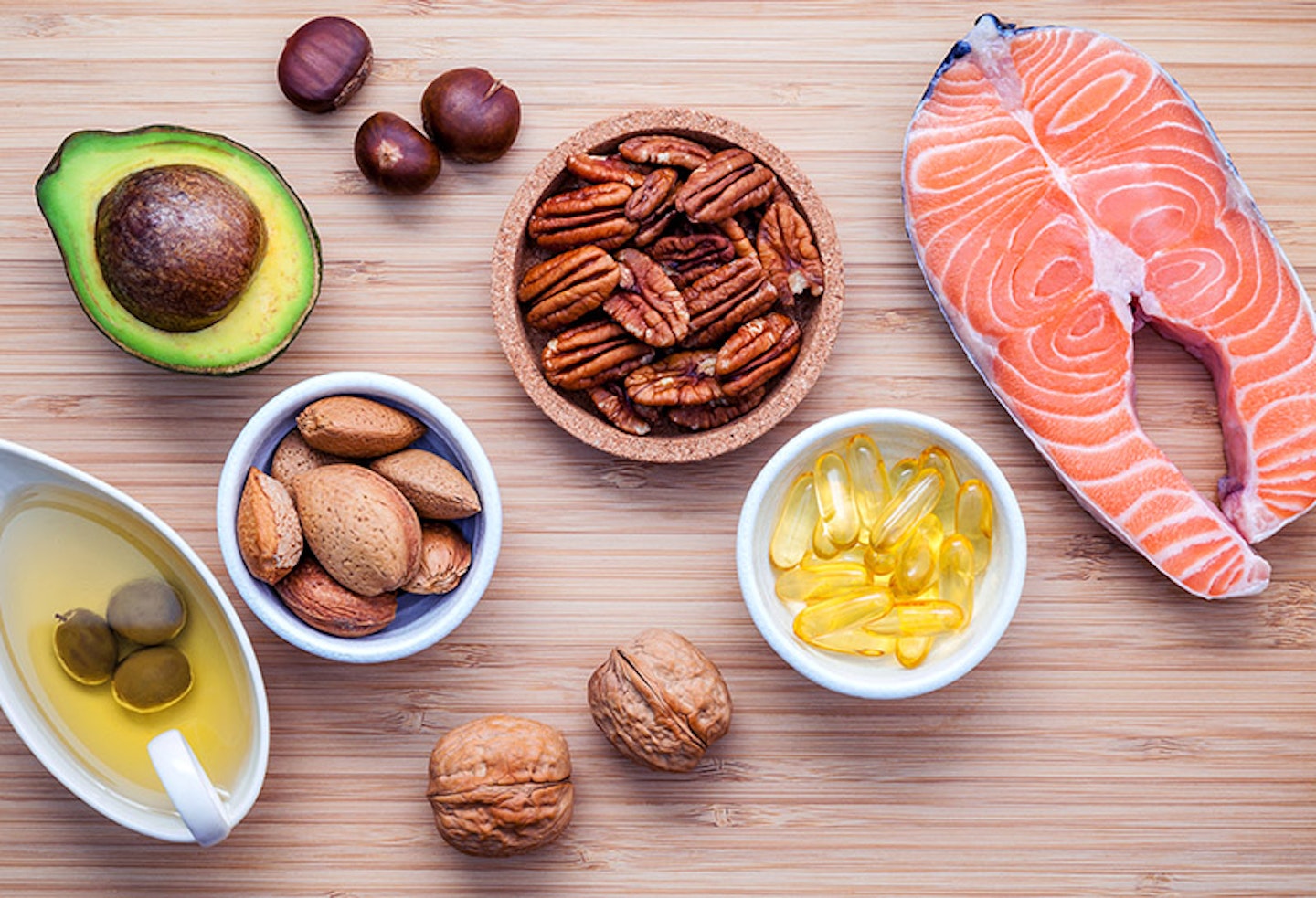 8 of 9
8 of 98. Boost your baby’s EFAs
Tucking into oily fish such as salmon isn’t just good for boosting brain development, the high levels of essential fatty acids (EFAs) have also been found to help improve immunity in children.
EFAs are needed to help white blood cells – which fight off infection – to function. A study in the Journal of Immunology discovered that children with a history of respiratory infections get better more quickly when taking EFA supplements.
And while oily fish is a great source of EFAs, it’s not always the easiest of foods to get past the average two-year-old, so a supplement may be an easier alternative. Try Biocare Children’s OmegaBerry, which has a tropical fruit flavour.
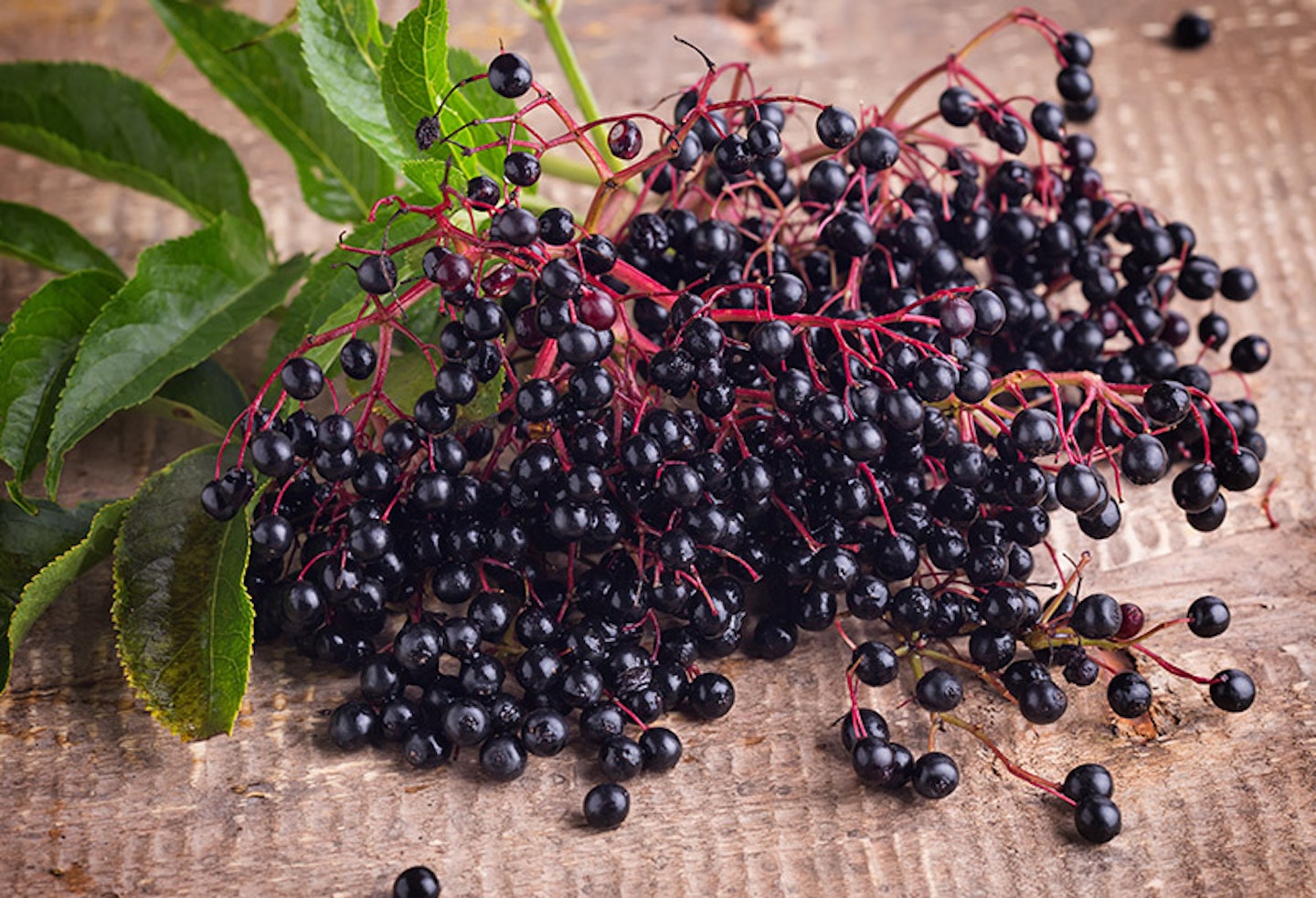 9 of 9
9 of 99. Try the wonder berry!
While boosting your toddler’s immune system with plenty of fruit and vegetables is a great start, you can give it a helping hand with black elderberries.
They have twice the natural antioxidant capacity of blueberries and more than 50% the overall antioxidant capability of cranberries. Antioxidants help strengthen the immune system.
Try Sambucol for Kids, a black elderberry extract syrup which is suitable for children aged 1-12 years old.
Now read:
